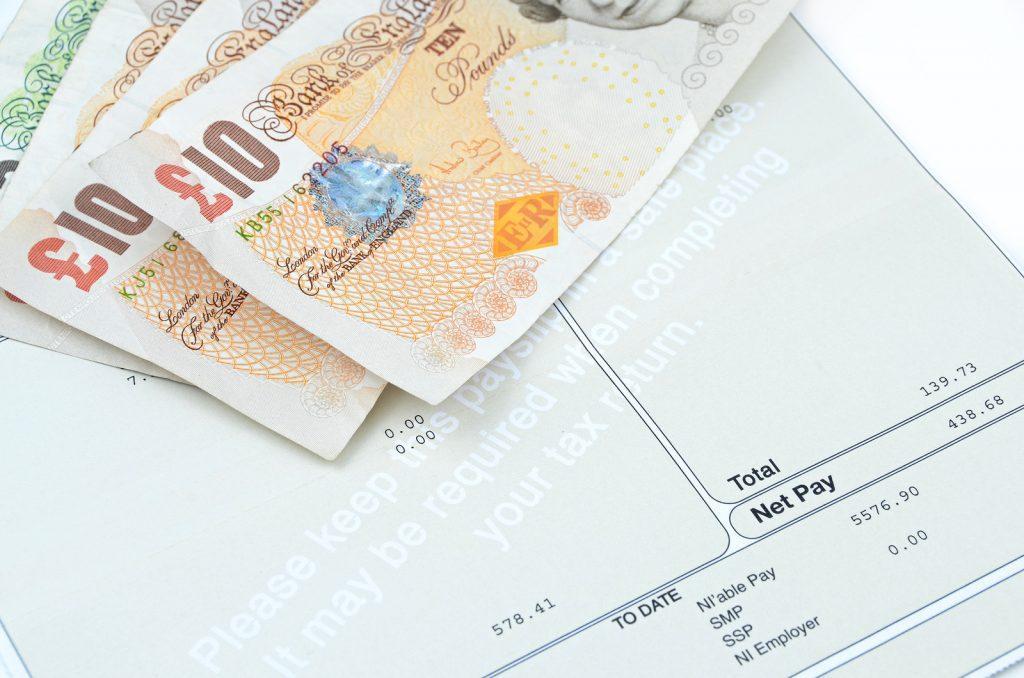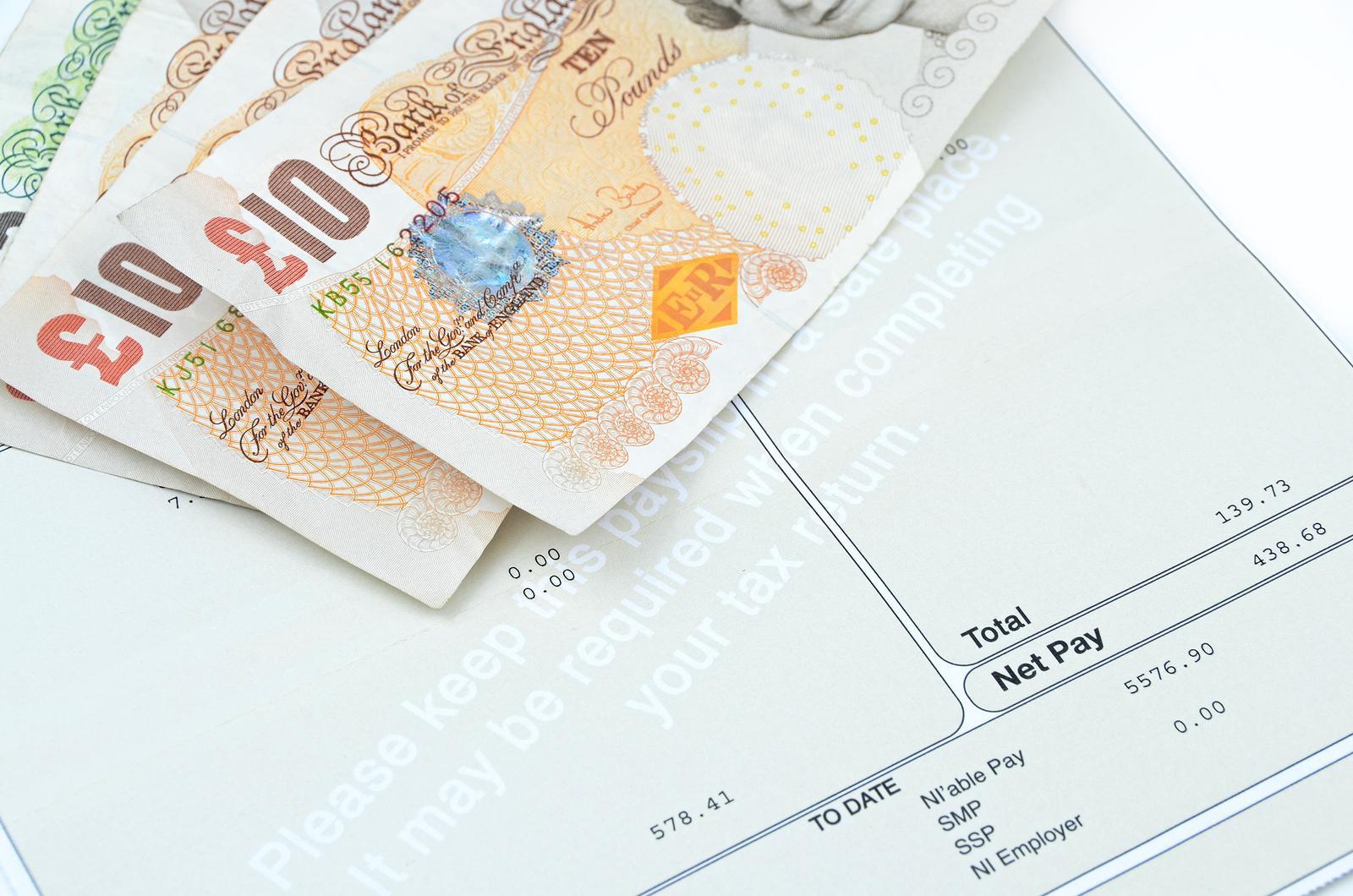In a global ranking for pay growth put together by the Trade Union Congress (TUC), the UK came in 103rd place in the years following the financial crisis.
Once inflation was taken into account, average pay in the UK fell between 2008 and 2015, while wages rose in other parts of the world. The TUC said this was unlikely to improve anytime soon as new information suggests a new slowdown in earnings growth.
new information suggests a new slowdown in earnings growth.
UK left behind on wage growth
TUC’s analysis comes from figures from the International Labour Organisation. The highest real-terms wage growth was found to be in Tajikistan which saw average earnings increase by 14.4% a year between 2008 and 2015.
Ireland joined the UK on the list of 21 countries with wage drops over the seven years following the financial crisis. These findings don’t paint a picture for the rest of Europe, with neighbours Germany, France and Sweden all seeing wage growth.
General Secretary of the TUC, Frances O’Grady said: “UK workers suffered one of the worst pay squeezes in the world after the financial crash. And with food prices and household bills shooting up again, another living standards crisis is a real danger.”
She believes the government should do more to help families who are now worse off than before the financial crisis. “The chancellor should end the pay restrictions on nurses, teachers and other key workers that are making them thousands of pounds poorer.”
Government campaign to increase awareness
The government is launching a campaign to help increase awareness of the national living wage and minimum wage. It will encourage employees to check that they are being paid correctly. There has been a lot of confusion over pay and what deductions can be made by employers.
In a survey run by the government, finding showed that less than a third of employees were aware that they should be paid for travel time between appointments. Only 42% said that they knew workers should be paid for time spent on security checks. Argos and Sports Direct have come under fire for not paying staff during these checks, meaning that their workers were often being paid less than minimum wage.
Director General for customer compliance at HMRC said that: “Employers must pay their workers what they’re entitled to and follow the rules. We will act to ensure ripped-off workers receive their proper pay and hardworking businesses are not losing out to dodgy dealers who cheat their staff.”
Has the fall in wages affected you or your business? What do you think the government should be doing to tackle this problem? Let us know your thoughts in the comments below.





Leave a Reply